Cisco flags threat Generation Y pose to corporate security
Networking giant sheds light on security issues caused by influx of young workers.

Generation Y employees are most likely to divulge personal information about themselves online, according to a study by networking giant Cisco.
The Cisco Connected World Technology Report (CCWTR) exposes the thoughts and opinions of the world's next generation of workers.
Referred to as Generation Y, or as the "millennial generation", they consist of individuals born in the late 1980s and 1990s, and are generally considered to be more "tech savvy".
Generation Y doesn't believe in privacy.
According to Adam Philpott, director of EMEAR security sales for Cisco, these "millennials" are now entering the workplace and sport a very different attitude towards data privacy.
"They believe in the demise of privacy that it's simply defunct in practice, and it's in this paradigm that organisations must operate a concept that will be alarming to the older generation in the workplace," he said.
The global Cisco study surveyed Generation Y college students and workers between the ages of 18 and 30, as well as IT professionals in various industries.
Get the ITPro daily newsletter
Sign up today and you will receive a free copy of our Future Focus 2025 report - the leading guidance on AI, cybersecurity and other IT challenges as per 700+ senior executives
Both categories included hundreds of respondents from 18 countries (Argentina, Australia, Brazil, Canada, China, France, Germany, India, Japan, Mexico, Netherlands, Poland, Russia, South Africa, South Korea, Turkey, United Kingdom and United States), making a total of 3,600 participants.
Many of the Generation Y respondents said the age of privacy is over (91 percent), while one third claimed not to be worried about the data captured about them online.
The report also showed that, although 75 per cent of Generation Y respondents do not trust websites to protect their personal information, many of them continue to use sites that require personal details, such as credit card numbers.
This becomes an issue for companies when these employees take risks online with work devices that run on corporate networks.
The CCWTR discusses the idea that Generation Y employees will test corporate cultures and policies because they expect social media freedom, device choice and mobile lifestyles.
In fact, two-thirds of the respondents disagreed with the idea of employers being allowed to track employee's online activity on company devices.
The report also revealed that 90 per cent of the surveyed professionals said they have a policy regarding the use of certain devices at work, but just 40 per cent of Generation Y respondents were aware of it.
Furthermore, of this 40 per cent, 80 per cent said they do not follow these policies.
The expectations for online usage between Generation Y employees and businesses conflict, but Philpott proposes a solution.
"Organisations can, however, look to provide information security education to their employees to alert them to the risks and provide guidance on how best to share information and leverage online tools within the realms of data security," he said.
Cisco's 2013 Annual Security Report (ASR) also revealed a few other issues that can affect businesses and IT departments coming up in this new age of technology.
Cisco discovered that, contrary to the popular belief that most online security risks are derived from people visiting pornography, pharmaceutical and gambling sites, most threats target legitimate sites - such as major search engines, retail outlets and social media sites.
Online shopping sites are 21 times as likely to threaten user security than a counterfeit software site and advertisements are 182 times as likely to deliver malicious content than pornography sites.
-
 Cisco claims new smart switches provide next-level perimeter defense
Cisco claims new smart switches provide next-level perimeter defenseNews Cisco’s ‘security everywhere’ mantra has just taken on new meaning with the launch of a series of smart network switches.
By Solomon Klappholz
-
 Cisco is jailbreaking AI models so you don’t have to worry about it
Cisco is jailbreaking AI models so you don’t have to worry about itNews Cisco's new AI Defense security solution helps organizations shore up LLM security by identifying potential flaws.
By Solomon Klappholz
-
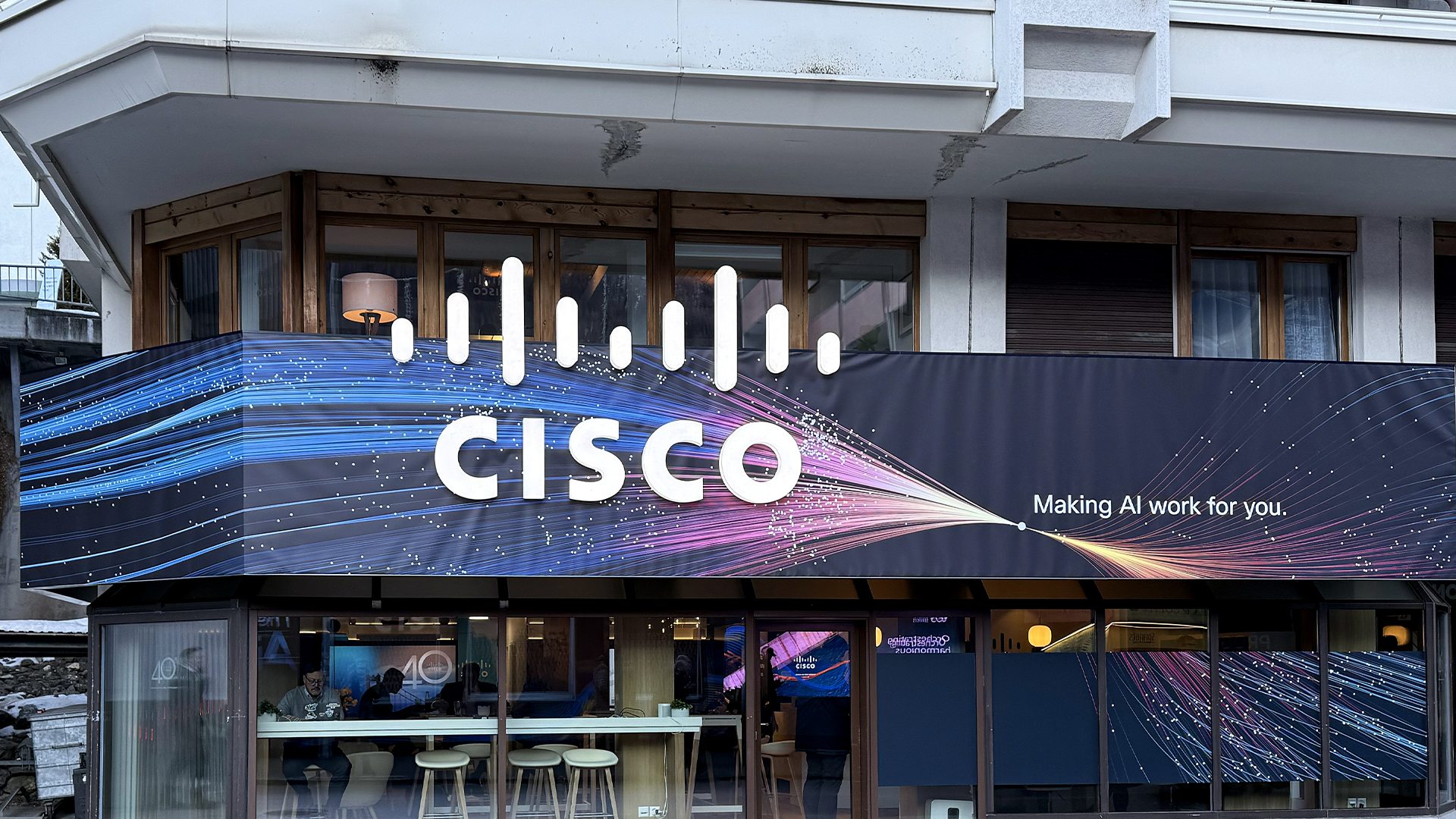 Cisco dispels Kraken data breach claims, insists stolen data came from old attack
Cisco dispels Kraken data breach claims, insists stolen data came from old attackNews Cisco has refuted claims it has suffered a data breach after the Kraken threat group posted stolen data online.
By Solomon Klappholz
-
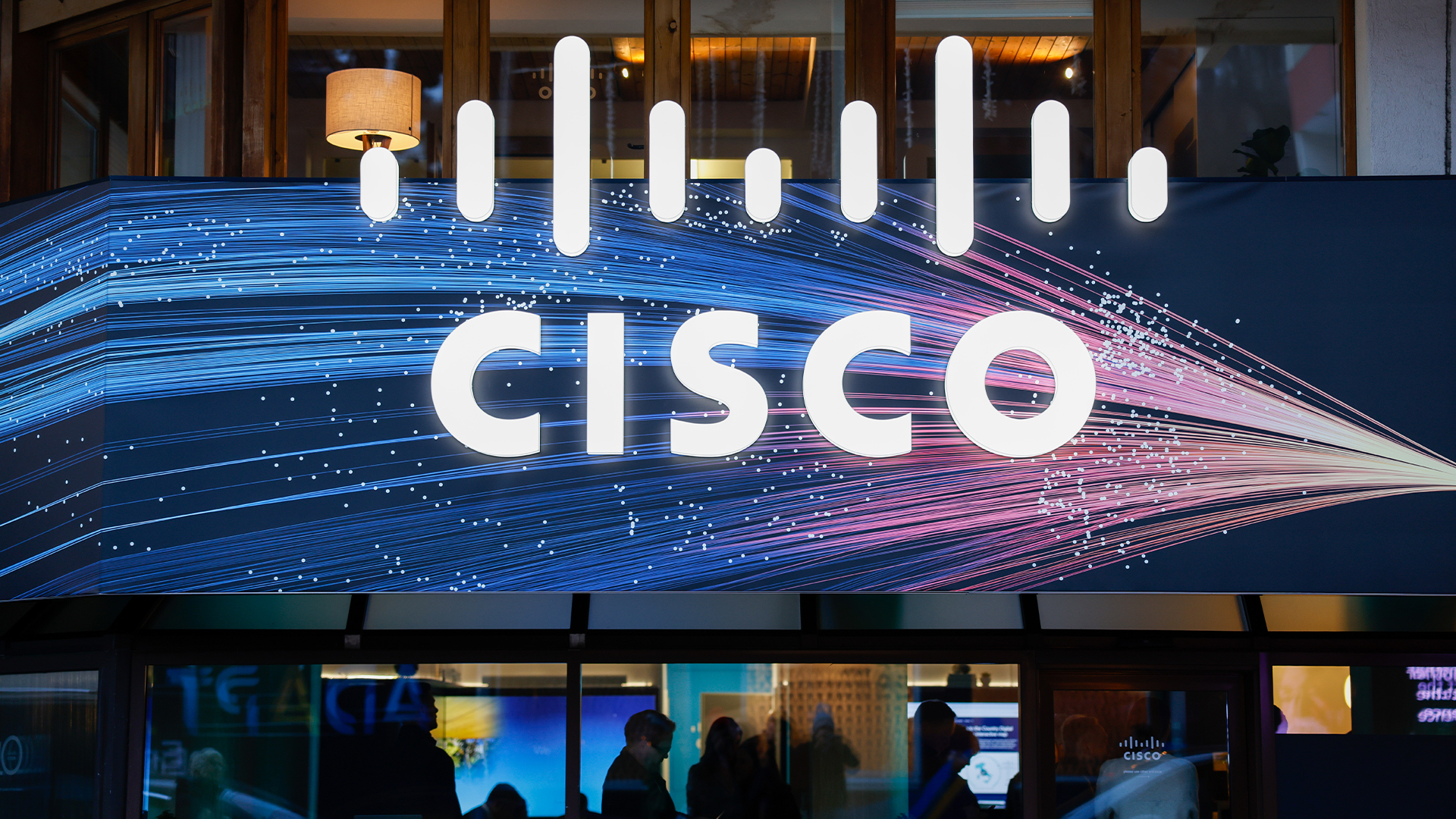 Cisco patches critical flaws in Identity Services Engine
Cisco patches critical flaws in Identity Services EngineNews Cisco has issued patches for a pair of critical vulnerabilities affecting its Identity Service Engine (ISE).
By Nicole Kobie
-
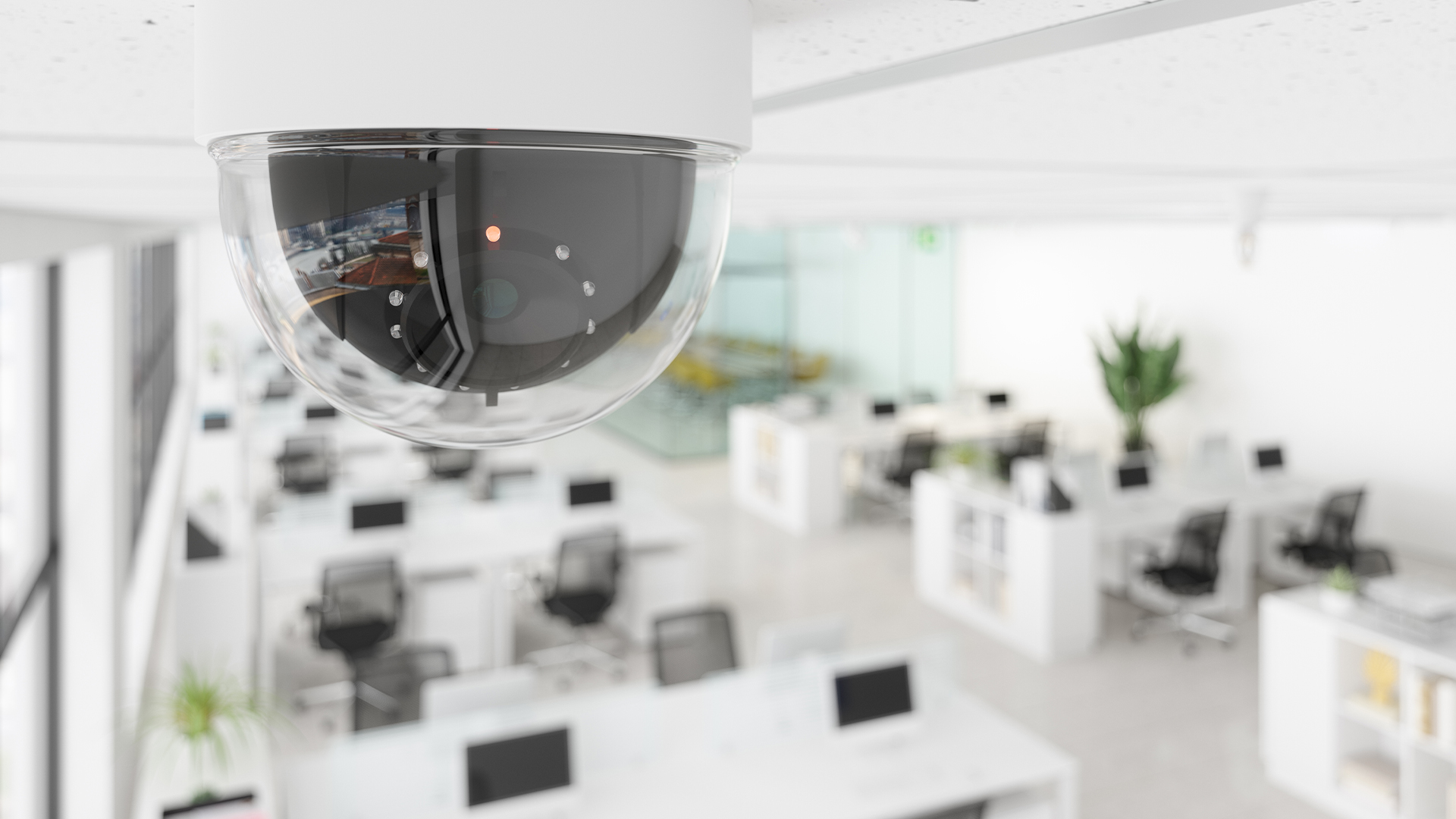 Your office is now absolutely riddled with surveillance equipment
Your office is now absolutely riddled with surveillance equipmentNews While workplace monitoring is shown to have a detrimental effect on morale, many firms are still charging ahead
By Nicole Kobie
-
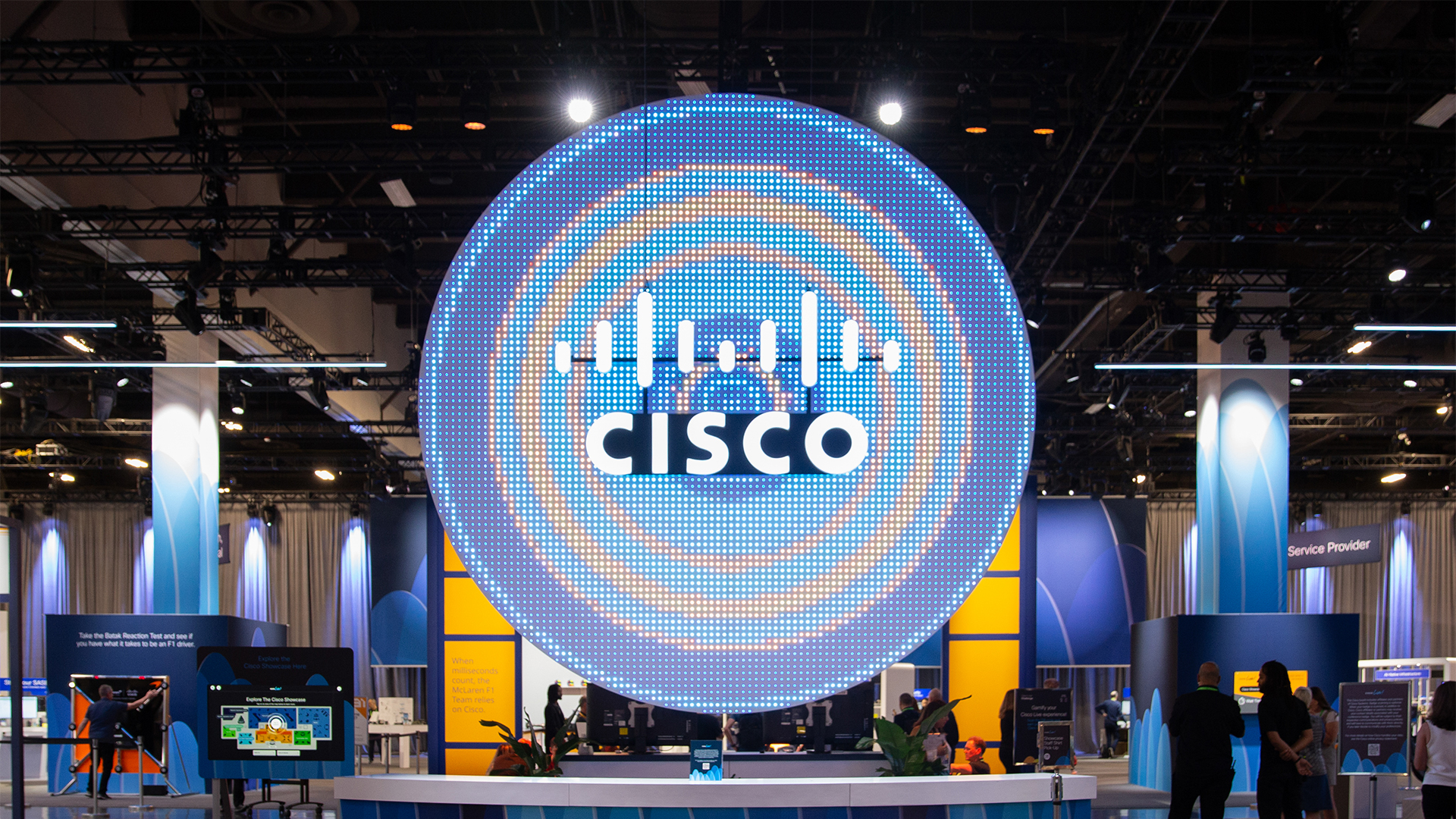 Cisco confirms attackers stole data, shuts down access to compromised DevHub environment
Cisco confirms attackers stole data, shuts down access to compromised DevHub environmentNews The tech giant insists that no sensitive customer information has been compromised
By Solomon Klappholz
-
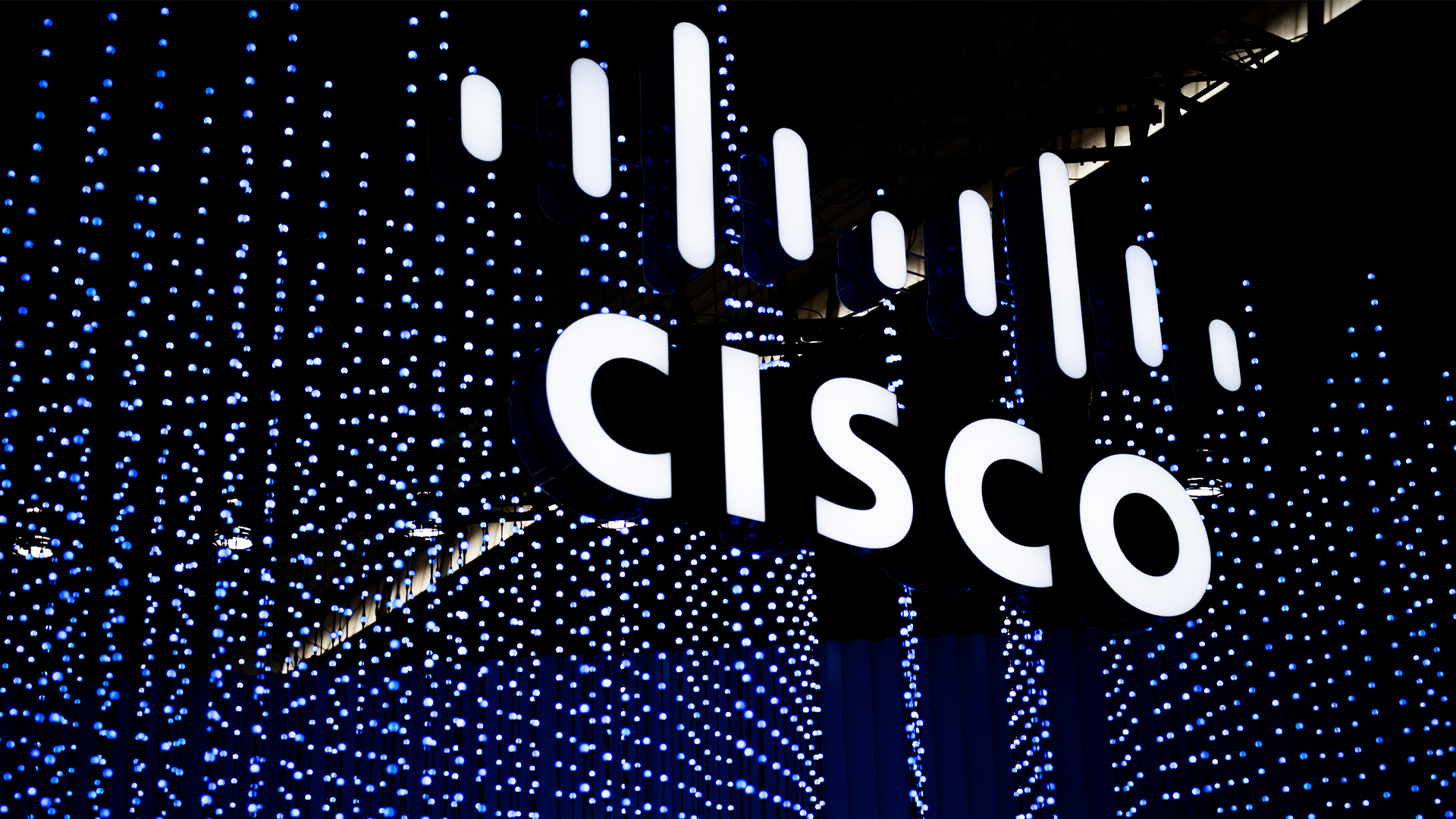 Cisco confirms investigation amid data breach claims
Cisco confirms investigation amid data breach claimsNews The networking giant says its probe is ongoing amid claims a threat actors accessed company data
By Nicole Kobie
-
 Rubrik partners with Cisco to bolster cyber resilience
Rubrik partners with Cisco to bolster cyber resilienceNews Rubrik now integrates with Cisco XDR and is listed on the connectivity giant’s SolutionsPlus program
By Daniel Todd

